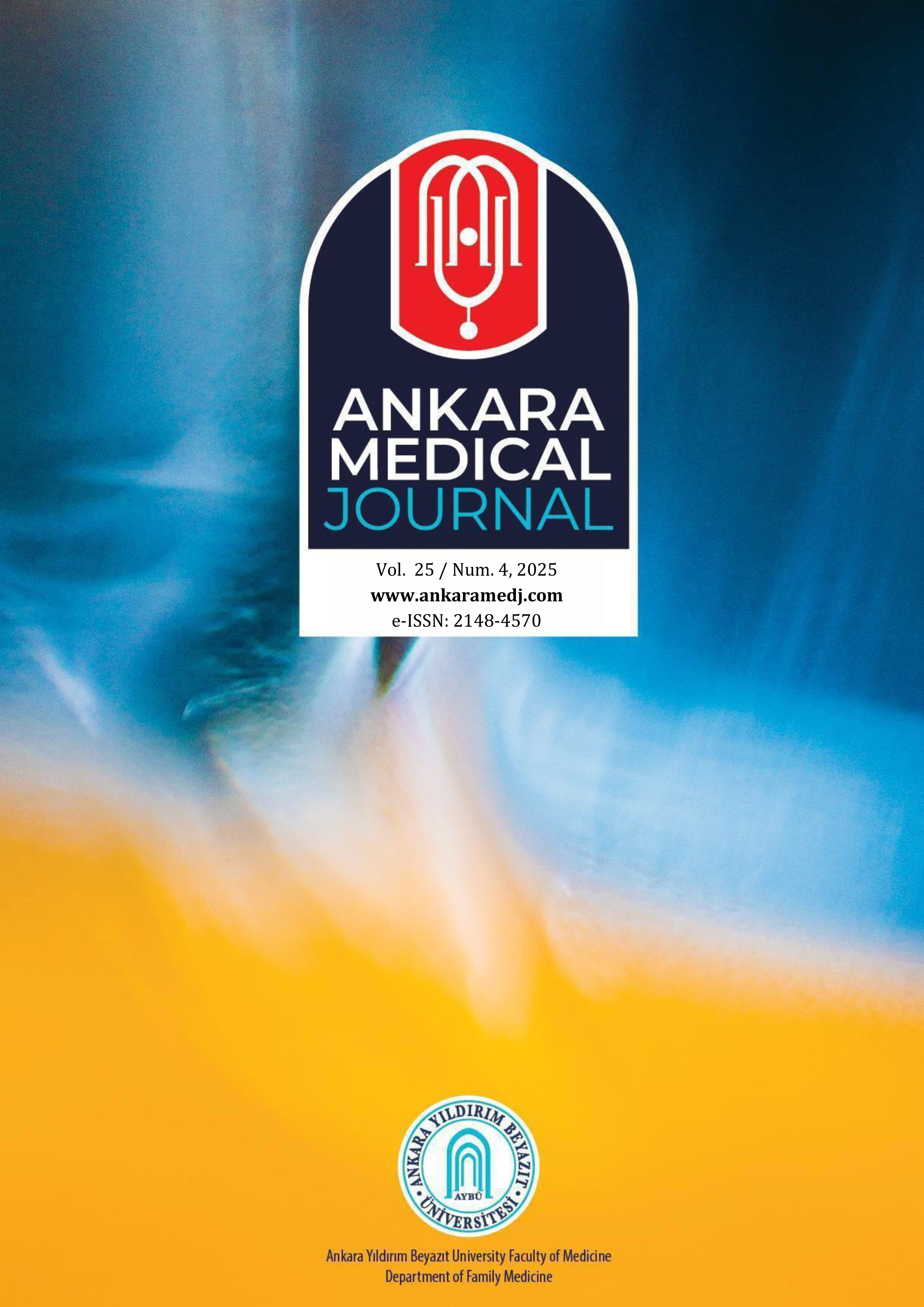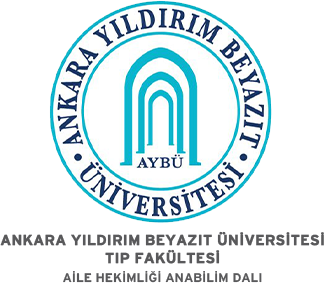Para-infectious Guillain Barre Syndrome in a Patient Diagnosed with COVID-19
Aliye Bastug1, Hesna Bektas2, Cansu Buyuktarakci3, Hurrem Bodur11Department of Infectious Disease and Clinical Microbiology, Health Science University Turkey, Gulhane Medical School, Ankara City Hospital, Ankara2Department of Neurology, Ankara Yildirim Beyazit University, Ankara City Hospital, Ankara
3Department of Infectious Disease and Clinical Microbiology, Ankara City Hospital
Accumulating evidence suggests the neurotropic characteristics of the SARS-CoV-2. Although the pathogenesis is unclear, the relationship between COVID-19 and Guillain Barre Syndrome(GBS) has been described previously. In this report, a 66-year-old male with para-infectious COVID-19-related GBS admitted with bilateral weakness in distal lower limbs was presented. Five days ago, since he had a risky contact with the COVID-19 patient, the SARS-CoV-2 PCR test was performed and resulted in positive. Favipiravir treatment was given as outpatient therapy. On the fifth day of antiviral treatment, he had applied to Emergency Department with two days of muscle weakness of lower extremities consistent with GBS; hence lumbar punction was performed. The cerebrospinal fluid examination revealed albumin-cytological dissociation. Despite the administration of immunoglobulin infusions, neurological findings worsened, dysphagia, and facial paralysis occurred. Although he was stable for COVID, he was followed up in the intensive care unit for plasmapheresis and then intubated for the respiratory involvement of GBS. Early diagnosis and treatment are critical in GBS related to COVID-19. Since para-infectious COVID-19-related GBS has poor outcomes, clinicians should be aware of this kind of complication to manage patients as its supposed to be.
Keywords: COVID-19, para-infectious GBS, SARS CoV-2, Guillain Barre Syndrome.
Manuscript Language: English
(992 downloaded)





